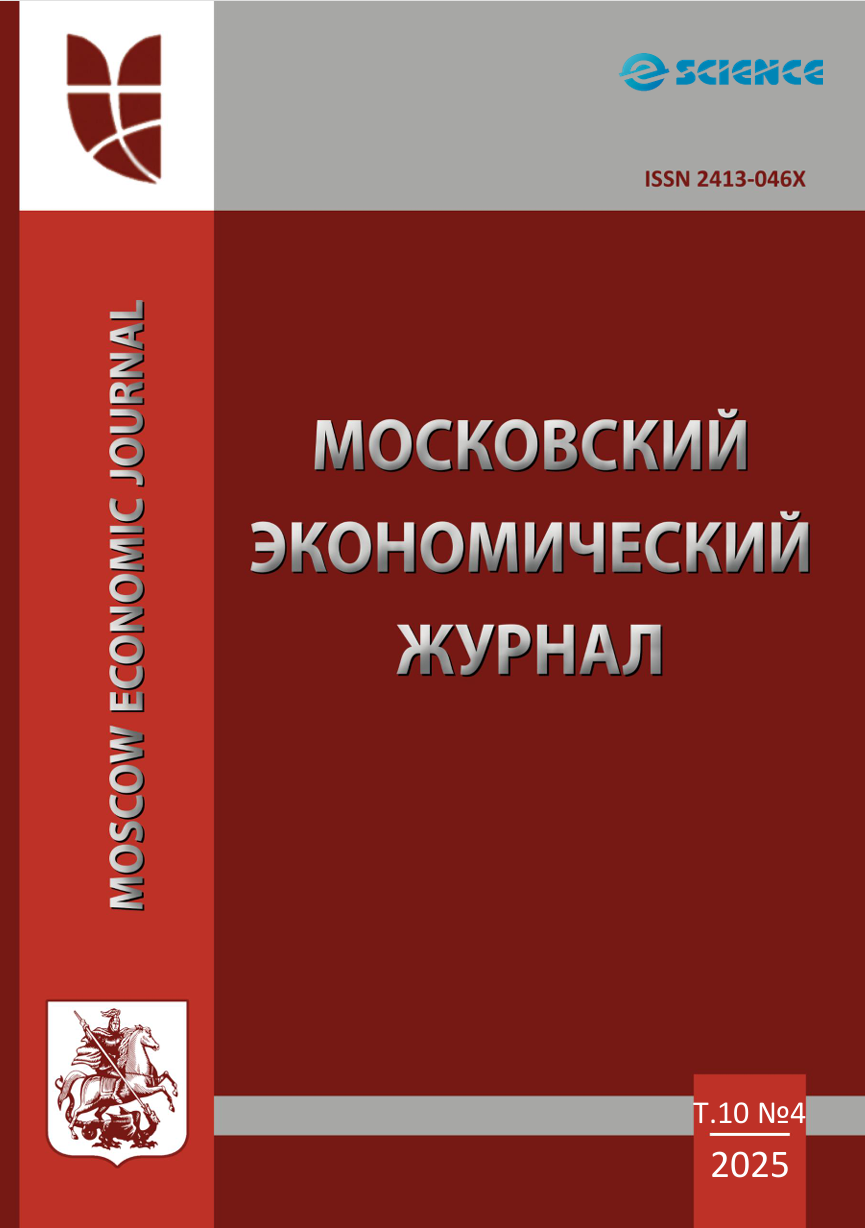Lesosibirsk, Krasnoyarsk, Russian Federation
UDC 338.1
The article is devoted to the study of ecological, economic, technical and social aspects of the ecology of a city with an active timber industry. The environment is one of the key elements of the quality of life of the population. For this reason, attention to environmental issues will always remain at a high level. In the context of the need for industrial development, especially deep processing of resources, environmental issues often fade into the background. At the same time, individual technical solutions and attention to environmental issues can also bring tangible economic benefits. This is largely determined by the activities of managers – enterprises, settlements and government authorities. However, the population should also take an appropriate position. The paper presents the key aspects of the impact of timber industry enterprises on the ecology of cities. The key possible solutions to the complex of problems are proposed. In particular, in the field of reducing emissions, discharges and waste. The key role of society in the development of sustainable interaction between enterprises and the environment is indicated. The need for education and awareness in the field of ecology is also shown. The study uses classical methods of scientific cognition. The main conclusion should be recognized as the establishment of a relationship between a high-quality environment and the systematic work of all stakeholders in solving a complex of related problems.
ecology, sustainable development, timber industry, research, wood waste, recycling
1. Giyasov, B.I. Issledovanie faktorov, vliyayuschih na ekologiyu vozdushnogo basseyna sovremennyh gorodov / B.I. Giyasov, M.K. Zueva // Ekologiya urbanizirovannyh territoriy. – 2021. – № 4. – S. 19-24.
2. Shamina, L.K. Analiz sovremennyh podhodov k ekologii umnogo goroda / Shamina L.K., Butorina M.V., Raschupkina T.V. // Ekonomika i predprinimatel'stvo. – 2023. – № 6 (155). – S. 397-401.
3. Baryshnikova, O.S. Territorial'noe planirovanie i proektirovanie v reshenii problem urboekologii / O.S. Baryshnikova, I.V. Portnova // Modeli i tehnologii prirodoobustroystva (regional'nyy aspekt). – 2022. – № 2 (15). – S. 172-178.
4. Cvirenko, S.V. Ekologicheskie imperativy v gradostroitel'stve / S.V. Cvirenko // Gumanitarnye i social'no-ekonomicheskie nauki. – 2012. – № 1 (62). – S. 87-91.
5. Suhih, A.N. Mashiny i tehnologii, obespechivayuschie ustoychivost' i neistoschitel'nost' lesozagotovok / A.N. Suhih // Sistemy. Metody. Tehnologii. – 2012. – № 2 (14). – S. 83-91.
6. Medvedev, S.O. Effektivnost' deyatel'nosti predpriyatiy lesopererabatyvayuschego kompleksa / S.O. Medvedev // Rossiyskiy ekonomicheskiy internet-zhurnal. – 2010. – № 2. – S. 213-220.
7. Green, T.L. Confusing liquidation with income in BC's forests: economic analysis and the BC forest industry / T.L. Green // Ecological Economics. – 2000. – T. 34. – № 1. – S. 33-46.
8. Polyanskaya, O.A. Ekologizaciya proizvodstva kak osnova konkurentosposobnosti predpriyatiy lesopromyshlennogo kompleksa / O.A. Polyanskaya, A.E. Mihaylova, V.E. Zasenko // Peterburgskiy ekonomicheskiy zhurnal. – 2017. – № 3. – S. 76-84.
9. Medvedev, S.O. Developing a model of forest enterprises activities with the prospect of moving into sustainable development / S.O. Medvedev, M.A. Zyryanov // Economic and Social Changes: Facts, Trends, Forecast. – 2024. – T. 17. – № 2. – S. 129-145.
10. Kryukov, V.A. Les i spichki / V.A. Kryukov // EKO. – 2019. – № 11 (545). – S. 4-7.
11. Brown, Ja.B. Students in the forest: the role of design-build pedagogies in repairing material disconnections in architecture education / Ja.B. Brown, F. Camilli // The International Journal of Art & Design Education. – 2023. – T. 42. – № 2. – S. 230-245.











